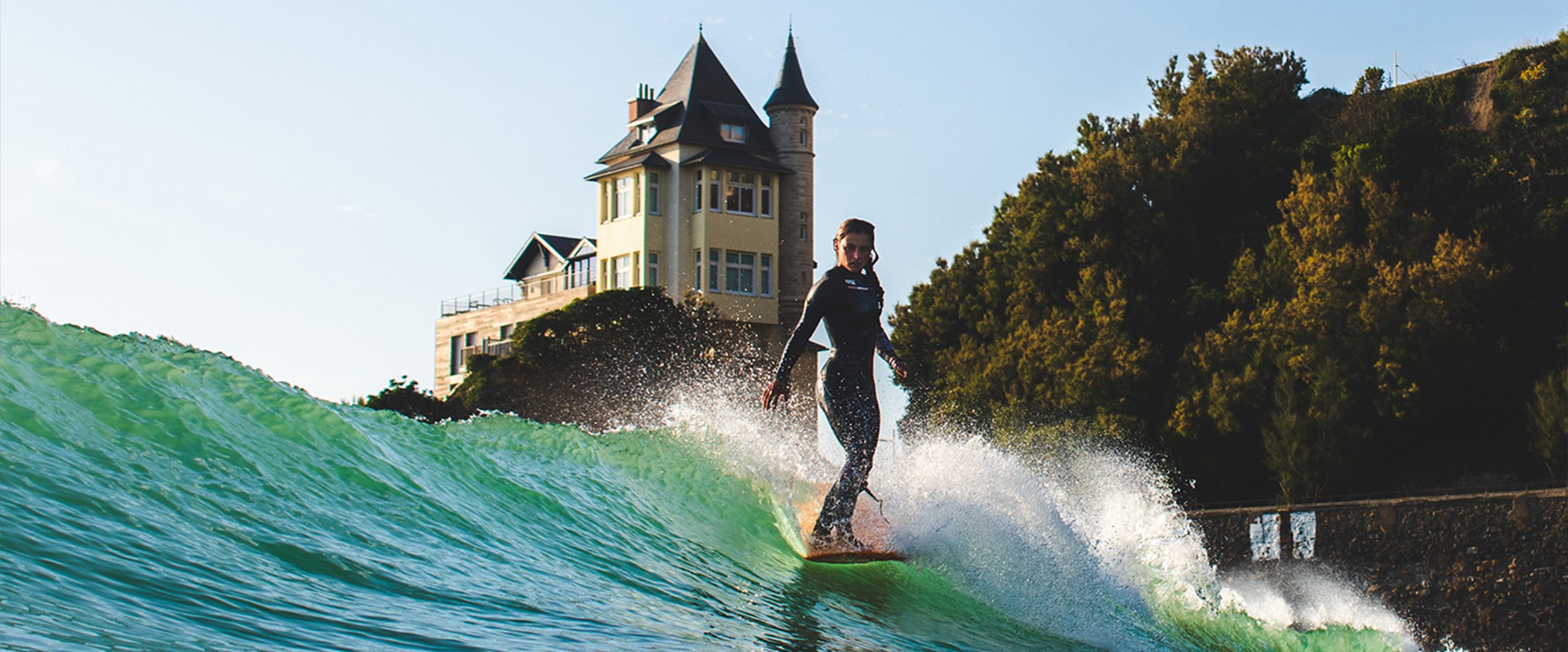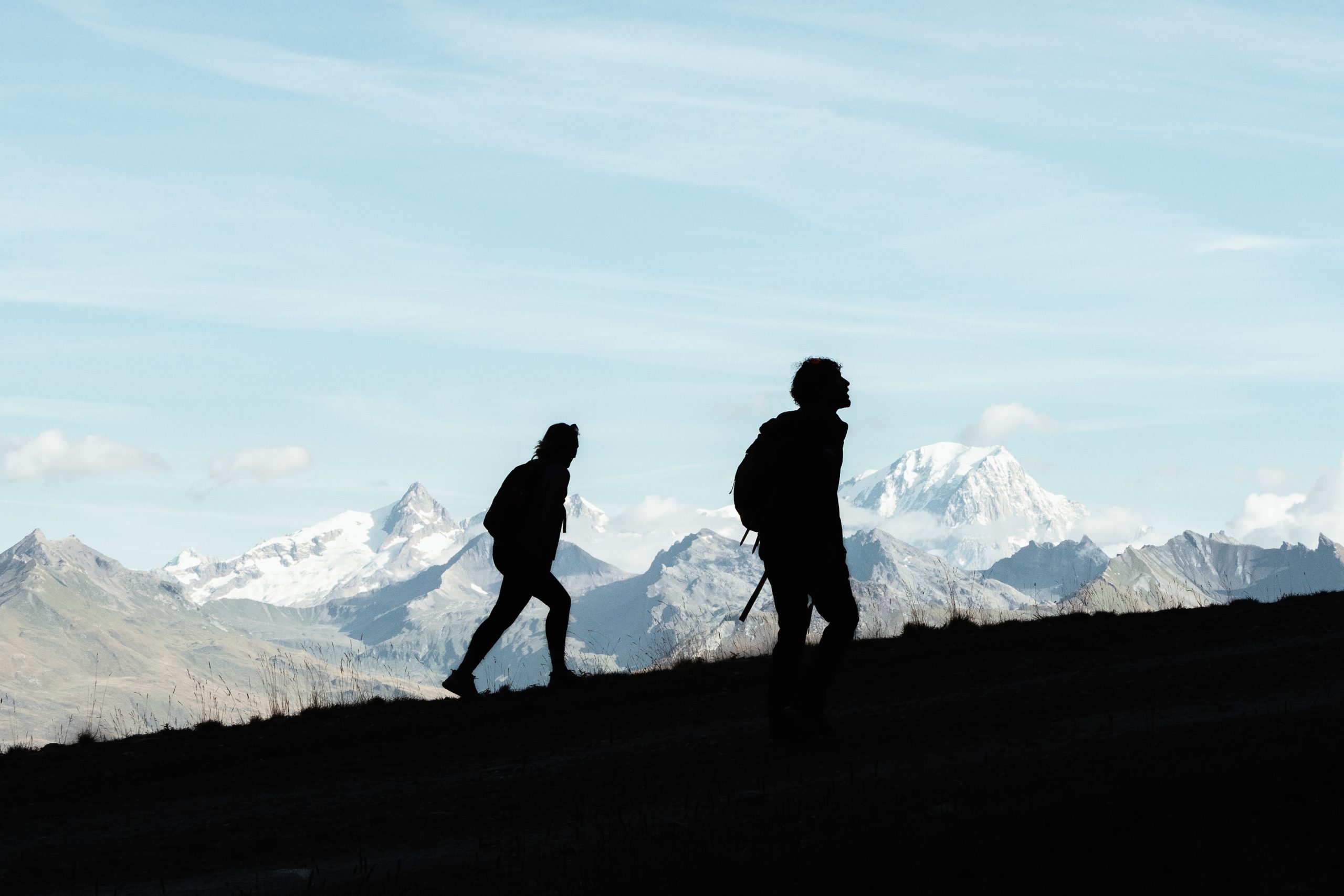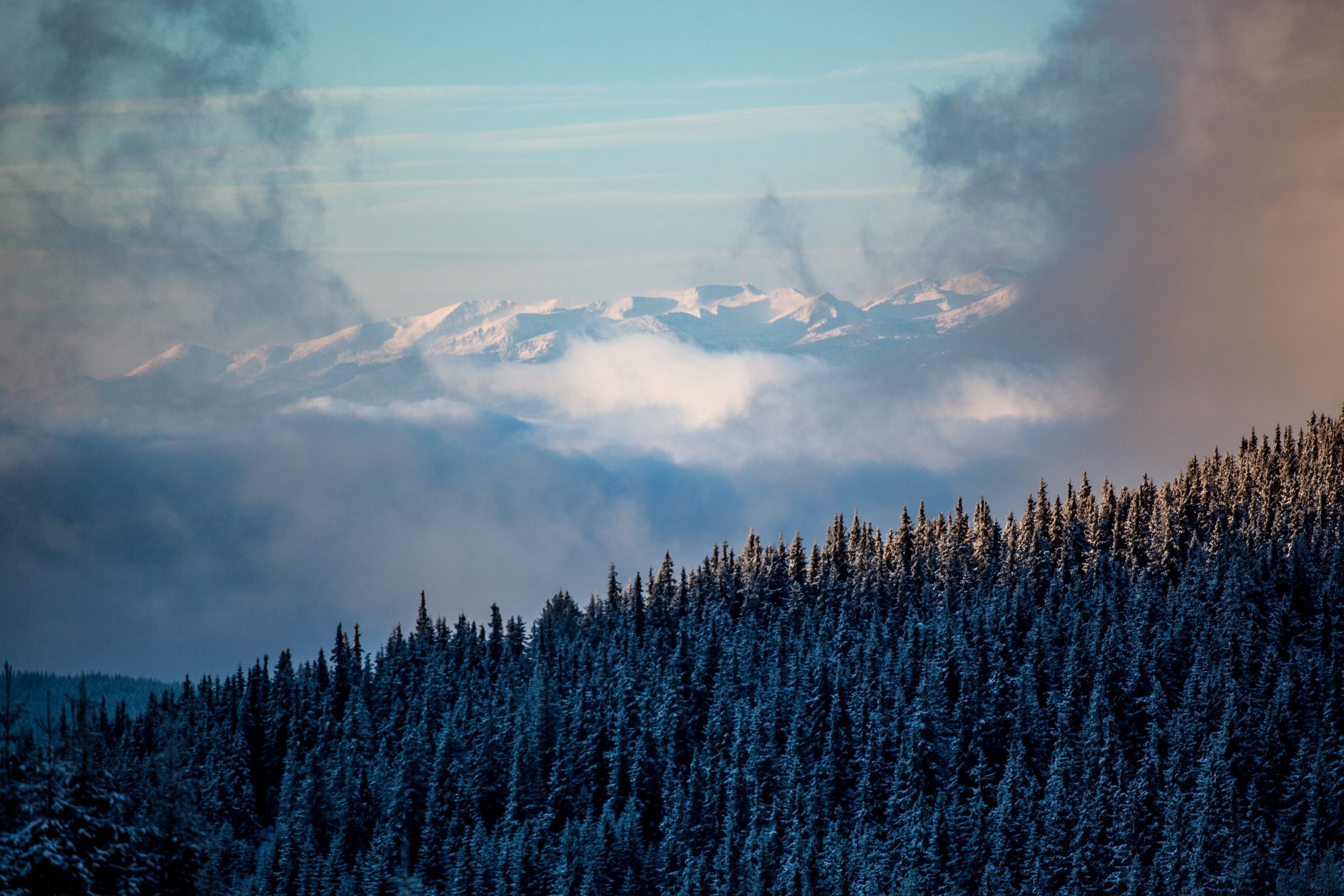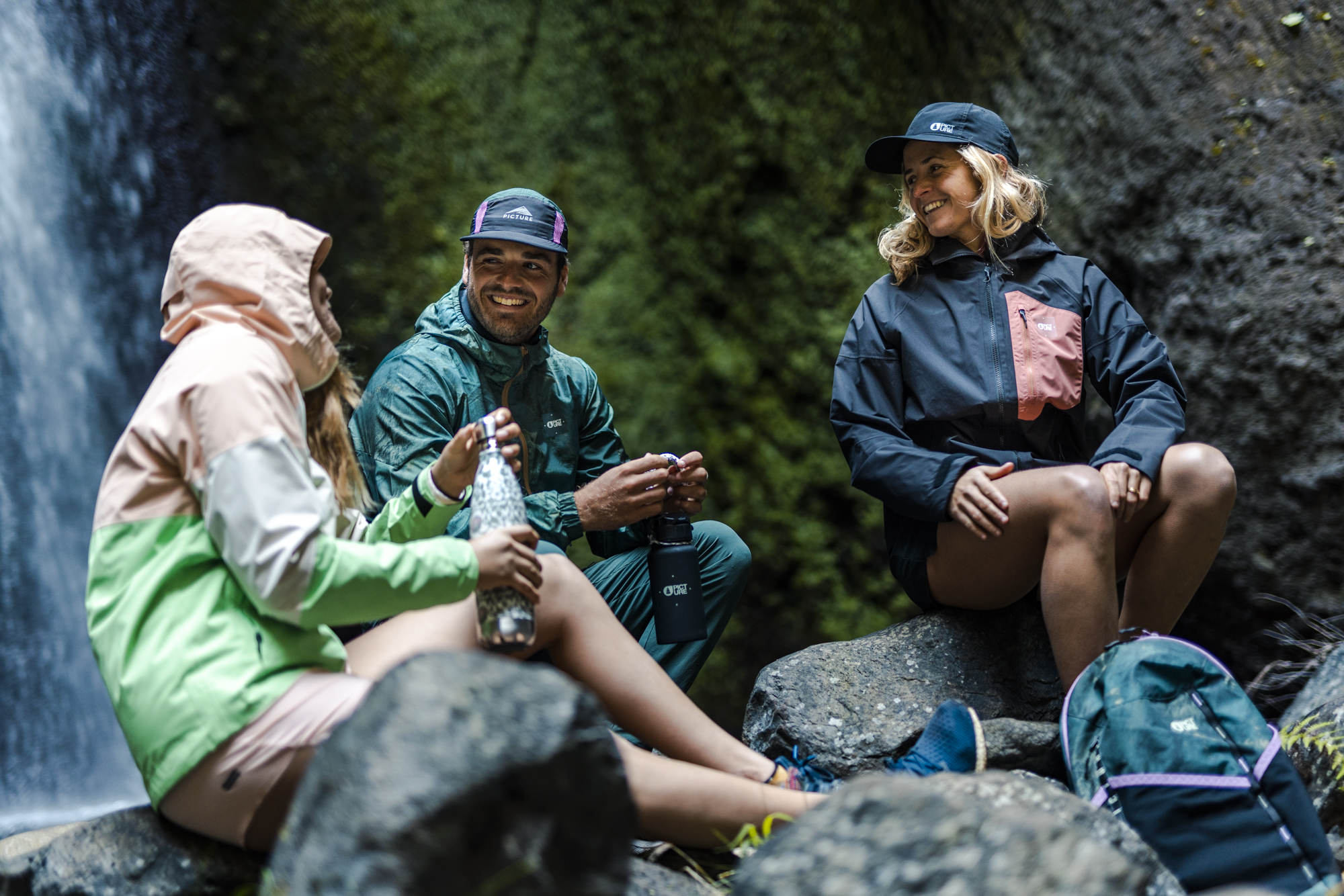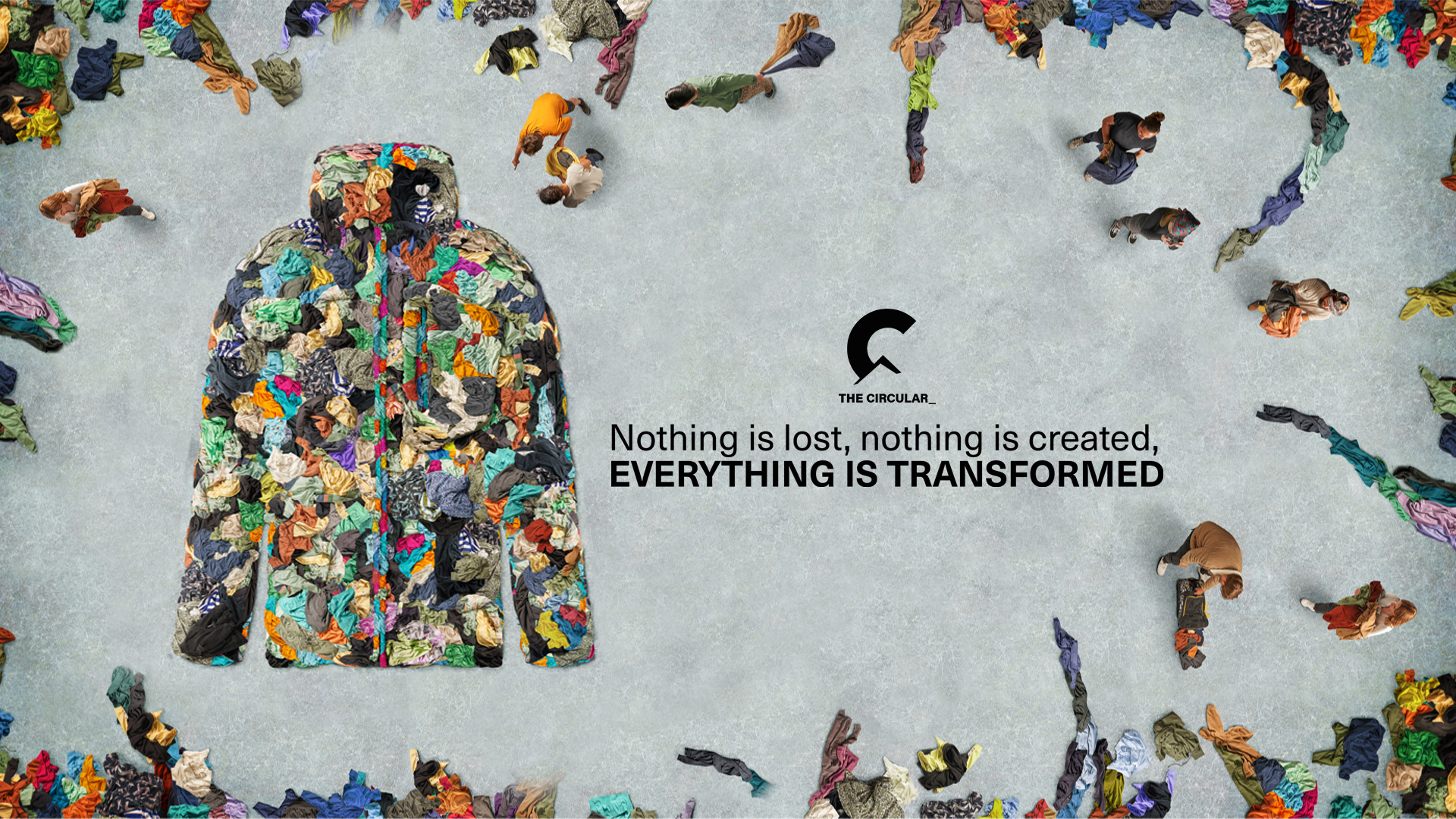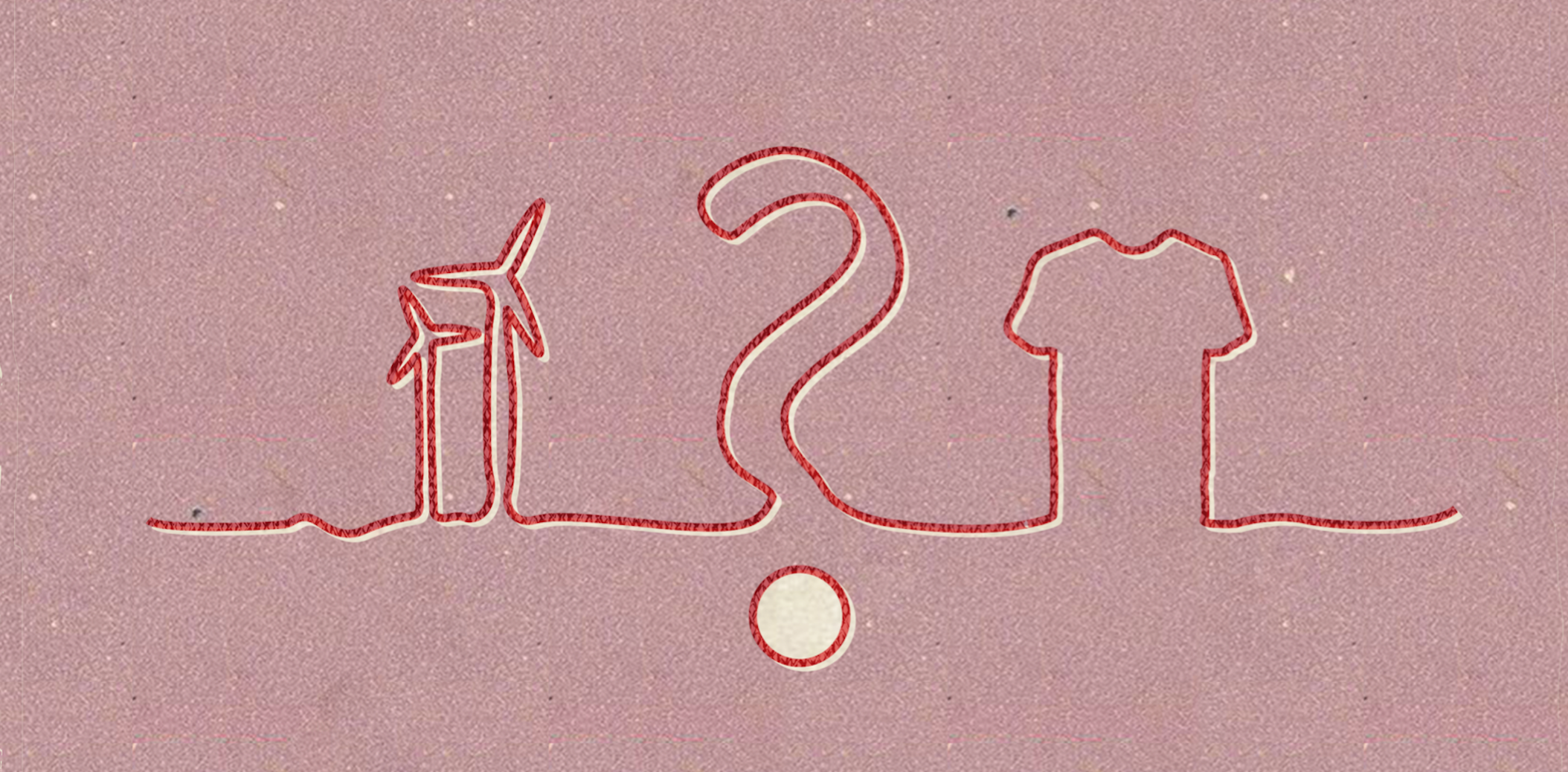Picture Family Marie Chauché tells you all about her experience at Greenpeace

Born and raised in Basque country, between the mountains and the ocean, I grew up with an awareness of just how fragile nature is and the need to protect it. I love spending time in the wilderness and the great outdoors. Both offer an escape where I feel free and can go to find myself. Beyond my own personal well-being, I understand the important role they play in regulating our biosphere and in our survival as a species. The world’s oceans and forests create a breathable atmosphere, and contribute to regulating land temperatures. They house an incredible biodiversity, the result of hundreds, thousands, millions of years of evolution. I also understand to just what extent our natural world is threatened. I see it every day when I go surfing: garbage floating in the ocean or washed up on the beach, coastal erosion, marine animal cadavers lying lifeless in the sand, kids playing in oil slicks unaware of the danger to their health, the proliferation of green algae, the stomach-churning odor and certainty that you will catch some sort of sickness if you go in the water just a day or two after a storm… This observation is disheartening and should serve as a call to action for everyone, one that transforms individual awareness into a collective one.
Everyone can contribute in their own way. For me, I do my best to build awareness among youth, teaching them about the environment surrounding them and how to be more eco-friendly in their daily lives. As an ambassador for an environmentally-responsible apparel brand like Picture, or for a surf camp like Natural Surf Lodge, I try to show that there are alternative ways to doing things. As a student at the Institute of Political Science in Bordeaux, France, I also focus my research environmental awareness among youth, with a specific interest in environmental anthropology and regional ecological traditions and expertise. Next year, I plan to start a Master’s degree in Environmental Transition Governance. When filling out my application and thinking about where I saw myself professionally after obtaining my degree, I naturally considered Greenpeace. While looking for information about the famous NGO to add to my application, I came upon a job offer in Bordeaux. And this is how the adventure began!

Working for Greenpeace was a fulfilling experience on so many levels: first, having the opportunity to work in an area the truly interests me, one that focuses on defending and sharing those values that are truly important to me. Next, it offered me the chance to gain a better understanding of the power and reach of collective action. Founded in 1971 by two young North American activists, Greenpeace is a ground-breaking NGO when it comes to environmental protection. Today it has an international presence and representation in 51 countries. Its serves as an opposing force to governments and other leading entities who hold true decision making power, whether political or economic, putting pressure on them to enact policies in favor of making the environmental transition.
While it may be easy to guilt-trip consumers on a regular basis by questioning their behavior, we need to remember that the world’s biggest polluters come from industry, major companies who have the power to get around or simply choose not to obey current regulations since any fines they may have to pay are so ridiculously insignificant. While building awareness among the general public is key, and every citizen has their role to play in the environmental transition, change must also come from above, with governments at every level involved. They must ensure that public funds are properly spent and in line with eco-friendly industries that respect the environment and offer sustainable solutions. If falls on the government’s shoulders to pass legislation that protects the environment and to take the necessary measures to fight against the current impunity that major corporations and international conglomerates enjoy in spite of the ecological disasters they cause. The issue needs to be handled from two sides: the general populace from below and the world’s political and economic powers from above. What is the point of recycling plastic waste if in reality it is sent to the other side of the world, to a country like Malaysia, and then sorted by kids working for pennies?
To denounce the relative inaction of the French state as well as the lack of consistency regarding the government’s decisions, Greenpeace relies upon in-depth independent investigations as well as “hard-hitting” attention-grabbing missions when necessary. But it is really through the sheer number of members (3 million across the world, 241,000 in France) that the non-profit succeeds in truly taking action. Not only is it one of the rare NGO and non-profit associations to refuse government funding or company donations (in order to avoid conflicts of interest and ensure genuine transparency and independence), but it is through their type of collective action that our demands are heard and taken into consideration. While certain campaigns take decades to reach their goals, they are well worth the effort and can often lead to a successful outcome. In 1982, their approach led to a moratorium on whale hunting, and in 1991, Antarctica was declared “a nature reserve dedicated to peace and science” by the international community. More recently, Greenpeace succeeded on several occasions in stopping Total’s plans for oil extraction projects in fragile environments like the Amazon reef, or foil Shell’s plans to demolish an oil platform off the coast of the Shetland Islands. Today Greenpeace is negotiating with the UN to protect 30% of the world’s oceans by 2030…
Beyond the success stories and history of the non-profit, I was able to learn more about current environmental issues and look deeper into topics like deforestation, protecting the oceans, the energy transition, and the necessity to reform our current agricultural system. The goal is not just to condemn the abuse and destruction done to the environment, but also to provide solutions and viable long-term alternatives.
Ultimately, working for Greenpeace reinforced my convictions and my desire to act. While the road is still a long one, the balance of power very much unequal, and the situation critical, I am convinced that hope resides in action and commitment. Whatever happens, it comes down to a collective effort in which everyone can find their place, and contribute in their manner and at their own personal level.

